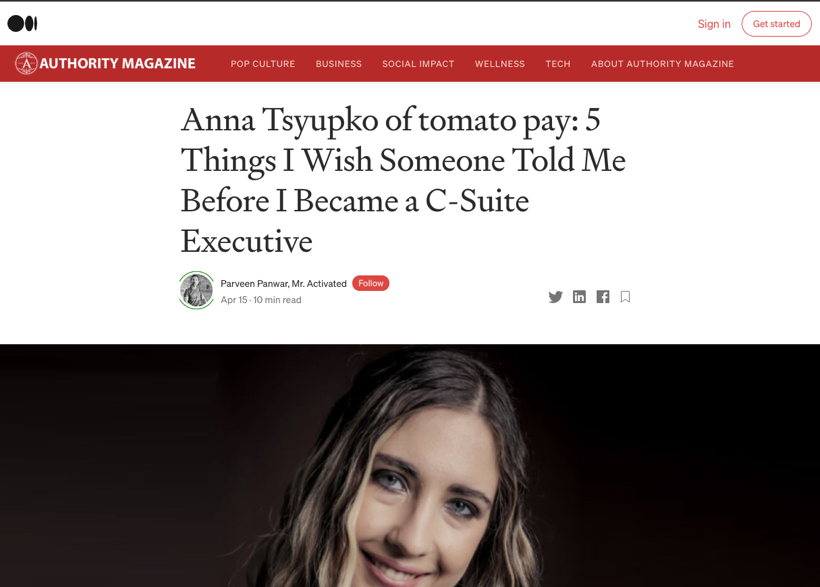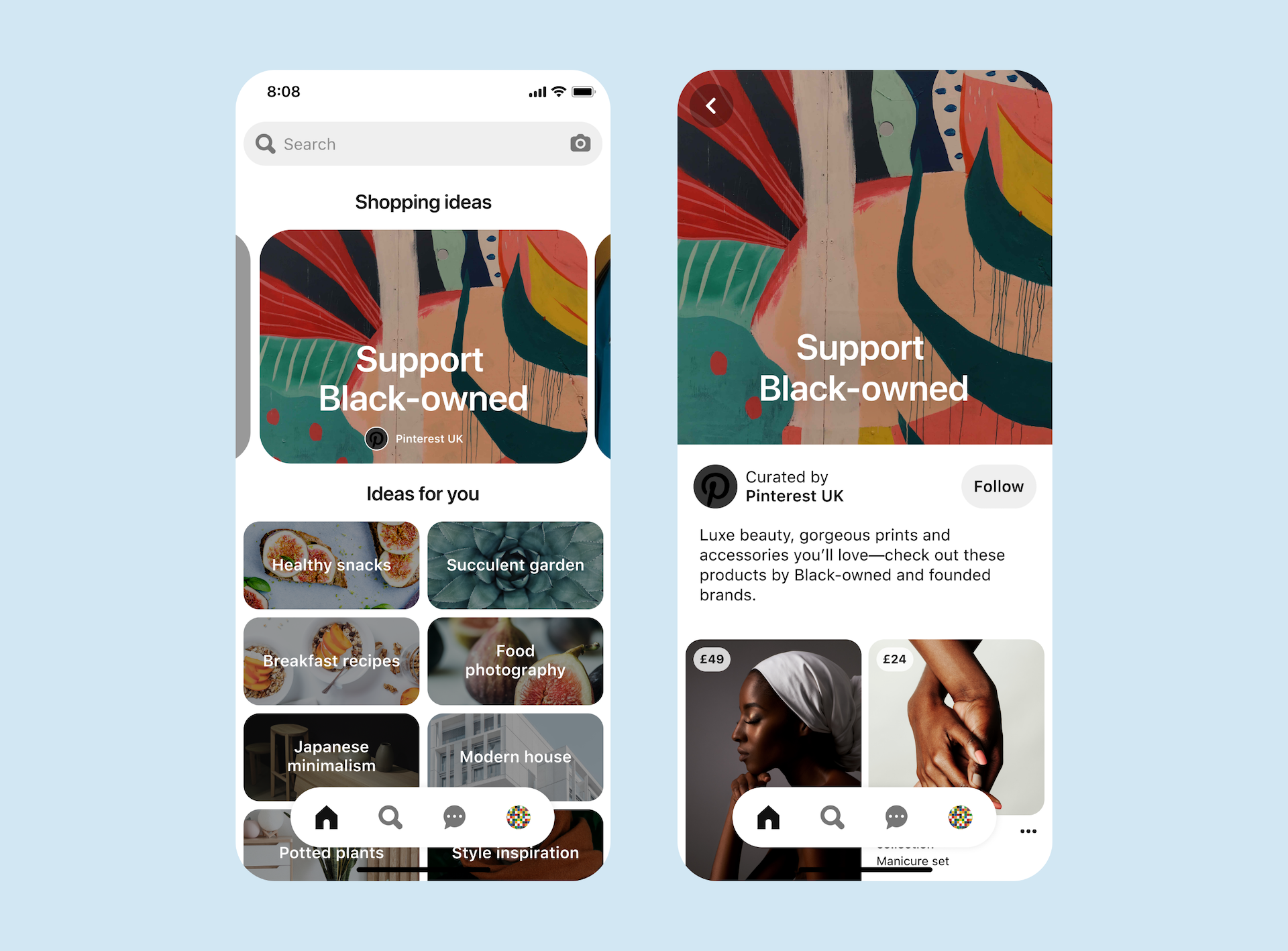Welcome to tomato pays first podcast.
The topic is one very close to our hearts and to many of us in the fintech industry. It is of course around the transformative legislation - Open Banking.
For our first edition, we had the pleasure of speaking to three leading figures in the Open Banking industry: Felicia Meyerowitz Singh, CEO and co-founder of Akoni, Samantha Seaton, CEO at MoneyHub and Amy Kroviak, CEO and founder of CommsAlchemist and former Head of Stakeholder Engagement at the Open Banking Implementation Entity.
You can find the interview over at Spotify and Soundcloud, plus an overview of the podcast below.
What is Open Banking?
Just as a reminder, Open Banking was introduced on the 13th January 2018 and the legislation would become the driving force behind increasing competition within the banking sector. It was enforced to give consumers and small-medium-enterprises (SME) better access to their own data through third parties who could provide services to improve their financial experiences.
However, the legislation was not welcomed by everyone within the industry. Financial institutions were initially weary of allowing third parties access to their customer’s data - considering that data is one of the most valuable resources in the world, this should come as no surprise.
Today, there are over two million people using Open Banking in the UK. This number has doubled in the last six months as more and more people are turning to personalised banking services. This is why it is crucial that we know that the data used is correct and fair.
Is Open Banking data biased towards women and minorities?
Besides the clear passion for opening up financial services to the masses with the help of Open Banking, Amy, Felicia and Sam have created an organisation - Open 51, to ensure that women leading the development of Open Banking and open finance have an opportunity to share their expertise and knowledge. This includes highlighting issues such as the importance of continually working to ensure that data is robust and bias-free.
Open 51 had its hard launch in August and has already united over 60 women in the industry, and each day it continues to grow.
Amy saw the need for Open51 as the financial services sector has long struggled to achieve gender diversity and this struggle persists within the Open Banking ecosystem. She, along with other founding members, were committed to ensuring that women leading the transformation of the financial services sector should no longer be overlooked and by raising the role of these women, it could also help address the issue of women being underrepresented in the sector as a whole.
“Open 51 is really focussing on raising the voices of the women who have been working really hard to not just deliver Open Banking, but equally to share their expertise and knowledge as well with others in the industry."
Sam adds to that: “As we march forward with technology pretty much underpinning everything we do, we must be conscious of not having biased data. Open data is brilliant but it's also got to be fair to everyone."
Amy continues to tell us: “It's the quality of the data that is going to allow us to realise the full potential of Open Banking for consumers and SMEs. If the data has bias in it we need to constantly interrogate that data to make sure it's as fantastic as it should be because our end product is wholly dependent on that."
Felicia who is also on the steering committee together with Samantha highlighted: “We have seen more and more gender imbalances in algorithms in financial services." Open 51 counters this imbalance by giving women a chance to share their wisdom and tackle the gender data gap.
Felicia believes that this is critical not only from a policy perspective but also from a technology perspective in order to make the data available to future generations free from bias and in a fair way: “This is not just a UK issue, it’s a global issue. We are always interested in new members that can add value to how we deal with open data and open finance."
What has not been said enough about Open Banking?
One thing our panel agreed on is that the strength of the Open Banking narrative is weak. This can be harmful to the successful implementation of it, but also in the way it is perceived by the public eye.
Amy told us: “I would ban the word ‘open’ full stop." The terminology is creating the wrong impression that data is open instead of emphasising how secure the process actually is. That is why it is important to never stop explaining to people how Open Banking works and how it contributes to creating a personalised and safe banking experience.
Sam also stressed the fact that instead of being concerned about the security of Open Banking, we should remember how insecure our data was before. Previously, the lack of clarity around our financial data was much worse and Open Banking has been extremely helpful to counter this.
However, Felicia worries that when crises such as Covid-19 happen, “people are regressing to whatever they consider to be lower risk." This could challenge the use of Open Banking and innovations within that sector. To prevent a regression from happening, it is crucial that major financial institutions play their part in ingraining Open Banking into their services.
What is in store for Open Banking next?
One big topic on the horizon is payments. Amy agrees “Payments have been a big missing link. This time next year the discussion is going to be very different."
The financial ecosystem is constantly in metamorphosis, and the payments sector is no different. Transaction costs, delays in transfers and the lack of transparency from banks has pushed a new trend towards account to account payments. They are not only cheaper and safer but are also more sanitary in times of social distancing and no touch policies.
So, is Open Banking the way forward for the finance industry and those they serve?
The overall consensus seems to agree that yes, Open Banking is the future. It has not only revolutionised the way we deal with our data, it has also made room for life-changing technologies that will change the way we deal with money forever, transformed the payments sector, and will save the UK and European economy a lot of money in the long term.
In the words of Samantha Seaton "The future is very bright, very exciting - particularly for both the consumer and small business owners."
tomato pay are huge supporters of Open Banking, and we use it within our payments app and product suite. Open Banking has give us a huge opportunity to support sole traders through the SMART initiative with untied, and help create better financing solutions for small businesses with financial insitutions.
To find out more about the SMART initiative, our partnership with untied, or if you are interested in partnering with us to create new SME-focused solutions, you can contact us at info@tomatopay.co.uk.






